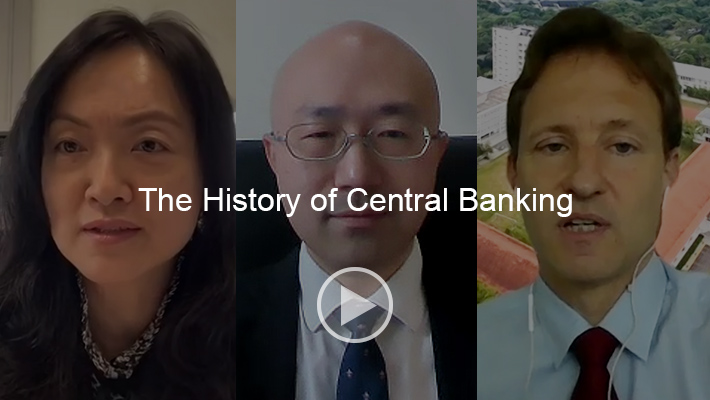
The 19th century unequal treaties that opened China, Japan and Korea to the West exempted foreigners from local laws – leaving them to be tried by their own consuls under their own laws. Britain and America established formal court systems under the British Supreme Court for China and Japan and the United States Court for China. These courts handled numerous cases involving rebellions, riots and revolution as well as murder, sedition and other serious crimes.
The reactions of China and Japan to the unequal treaties and extraterritoriality affect to this day how both countries view the world and each other. China resisted change and became weaker and weaker while Japan opened up to the world, instituted reforms and became a world power, eventually invading and occupying most of China. Today, as a newly-strong China asserts itself, understanding how Japan became China’s Public Enemy No. 1 is vital to anyone interested in world affairs.








































